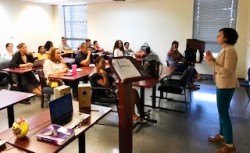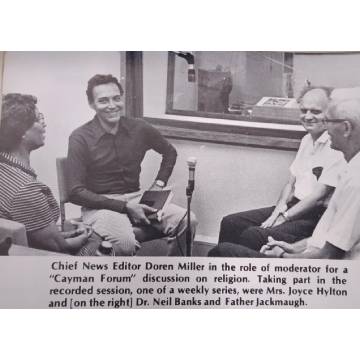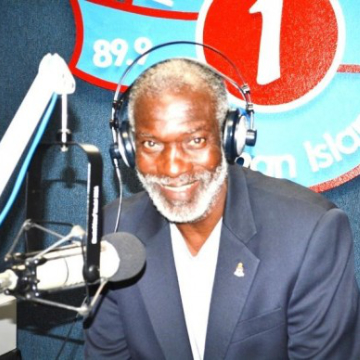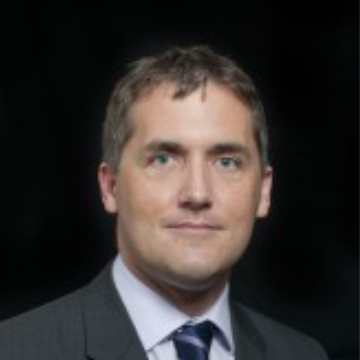News
Law School Makes Sense of Brexit

In a special lecture given by Laura Panades, students at the Truman Bodden Law School got to grips with the causes and consequences of “Brexit”.
Brexit is a word used to describe “Britain’s Exit” from the European Union, a unique political and economic international organisation.
The European Union exists to promote free and fair trade across 28 different European countries and does special trade deals as a group with the rest of the world.
In a referendum held in June 2016, the UK voted to leave the European Union by 52% compared to the 48% that voted to remain in the European Union. The two-year notice period was extended to 31 January 2020.
Panades’ lecture raised concerns about the uncertain impact Brexit will have on the Cayman Islands. She anticipated a generally negative effect on Cayman because of changing rules regarding financial aid, access to the EU’s financial markets and international trade.
Panades also explained how Brexit would affect local students who study EU law as a core final-year module in the Law School’s law degree programme.
The special Brexit lecture welcomed all TBLS students studying any of the three degrees the Law School offers: the undergraduate law degree, the Professional Practice Course and the International Finance postgraduate degree.
Students took part in engaging activities, recreating the 2016 referendum debate and discussing the results of the 12 December General Election.
Mitchell Davies, Law School Director, said:
‘The high participation we saw from students attending this lecture shows how important it is for our students to keep on top of developing legal events.’
‘Staff initiatives like this lecture are strongly encouraged as a sign of our commitment to providing quality legal education in the Cayman Islands.’
Laura Panades, LLM Course Leader, said:
‘As the module leader for European Union law, students often ask how the subject affects them in the Cayman Islands. This lecture was a great opportunity to answer that question.’
‘I look forward to exploring the topic further in future special lectures.’












